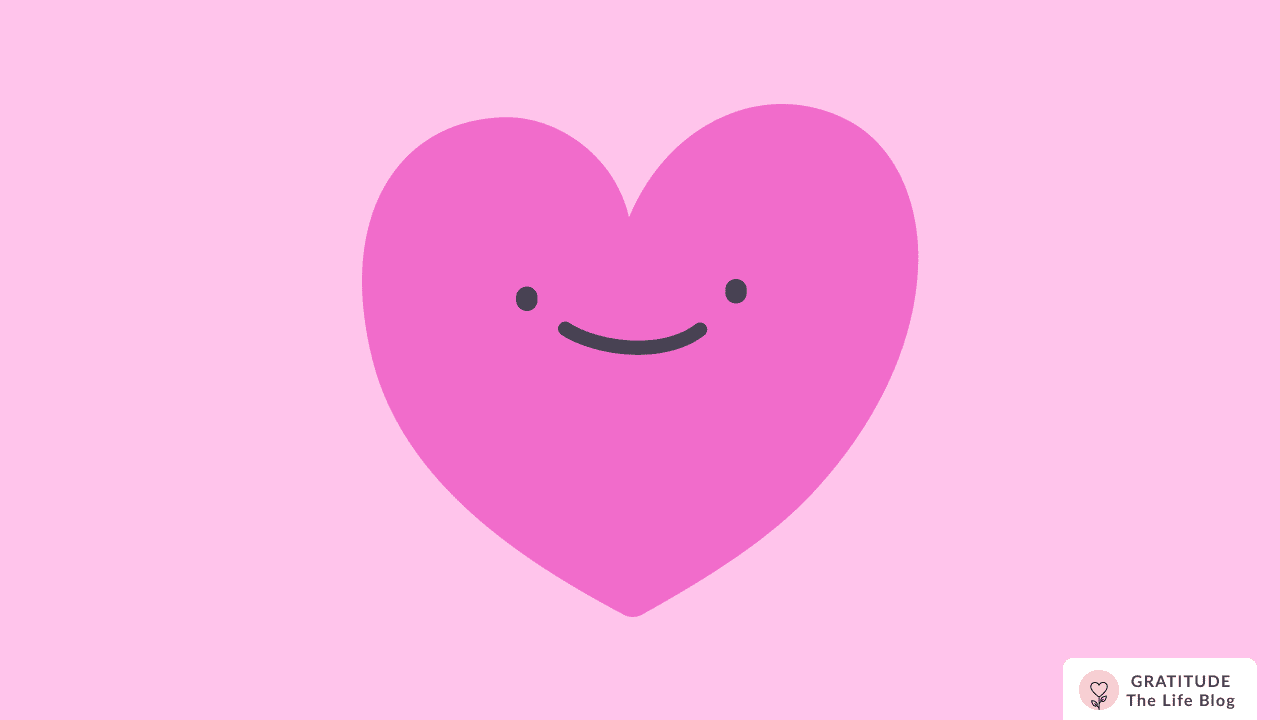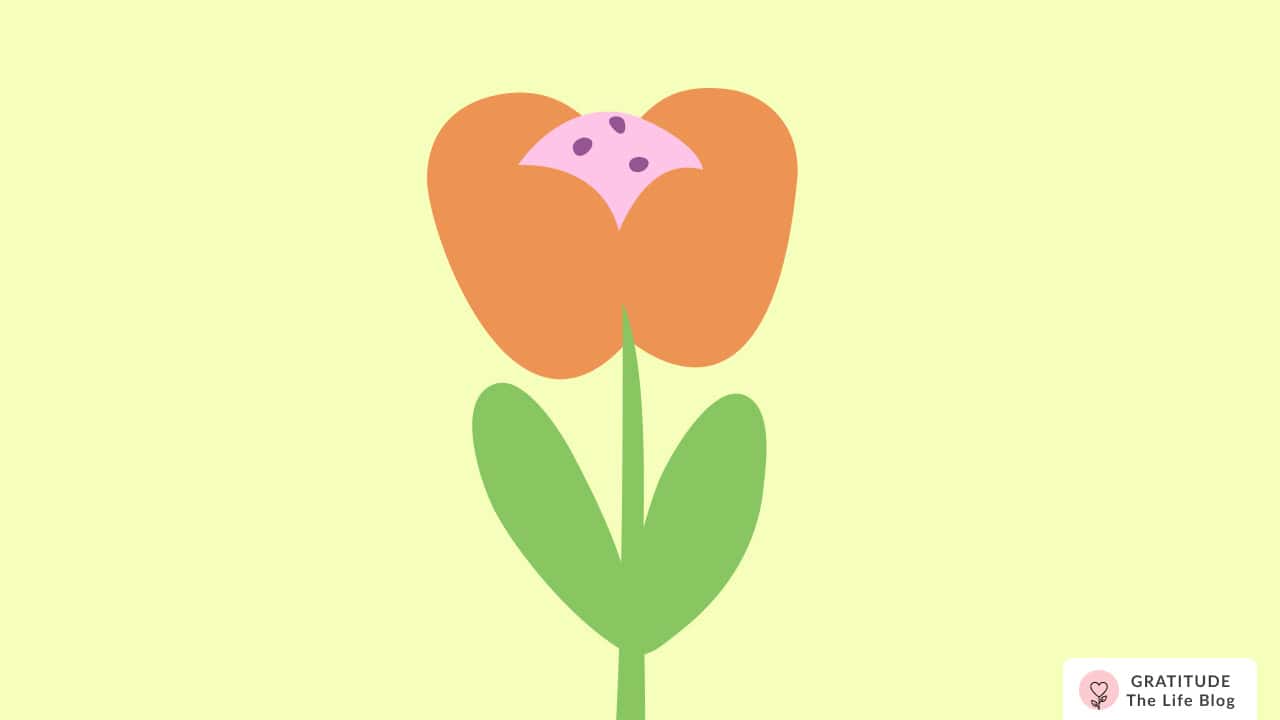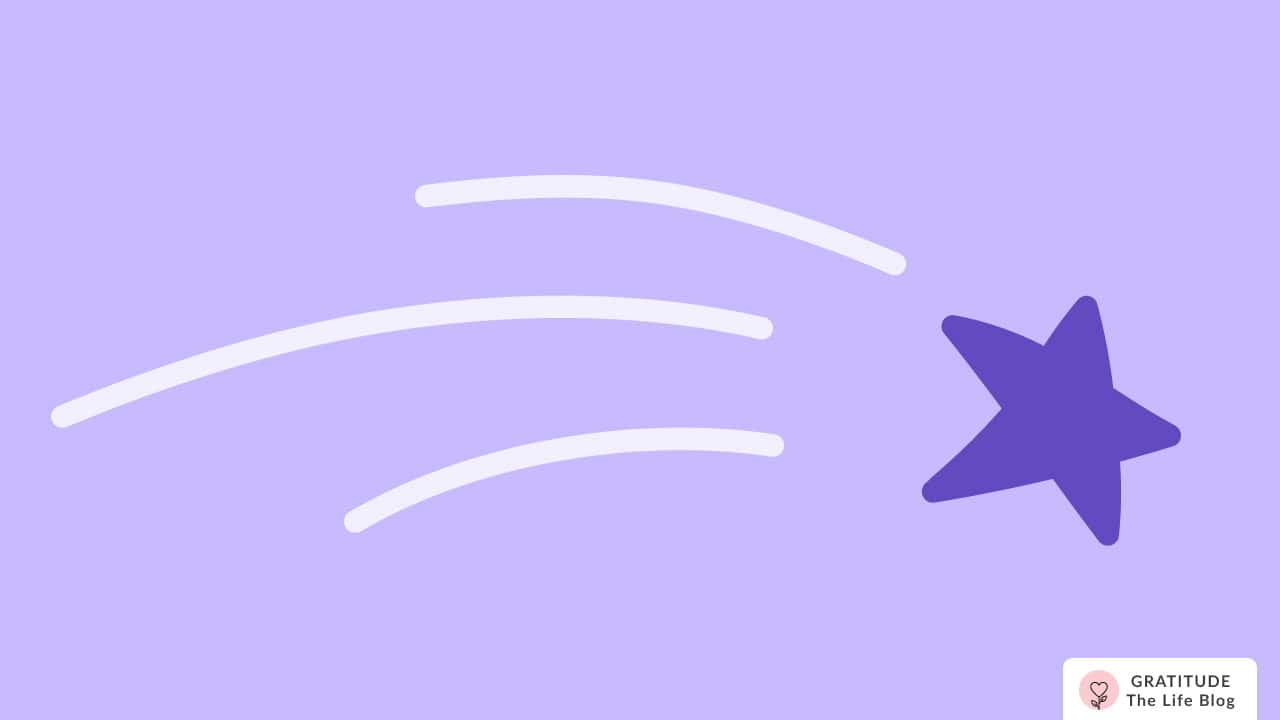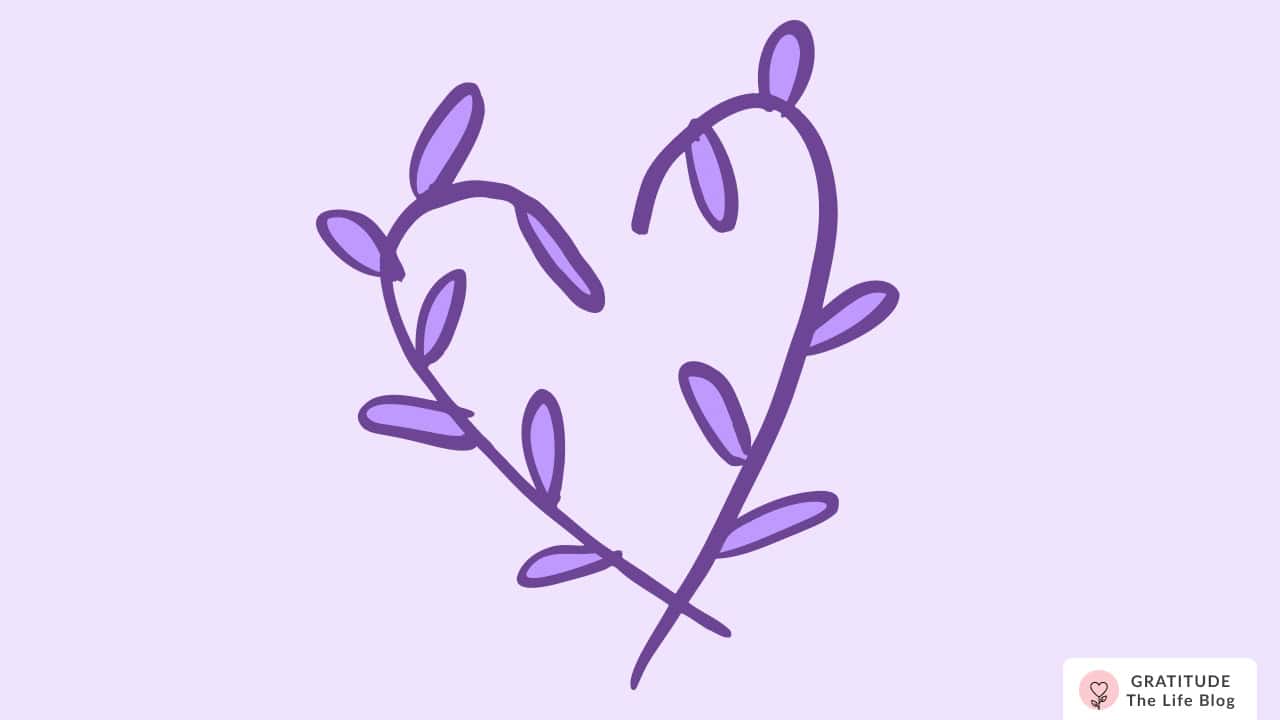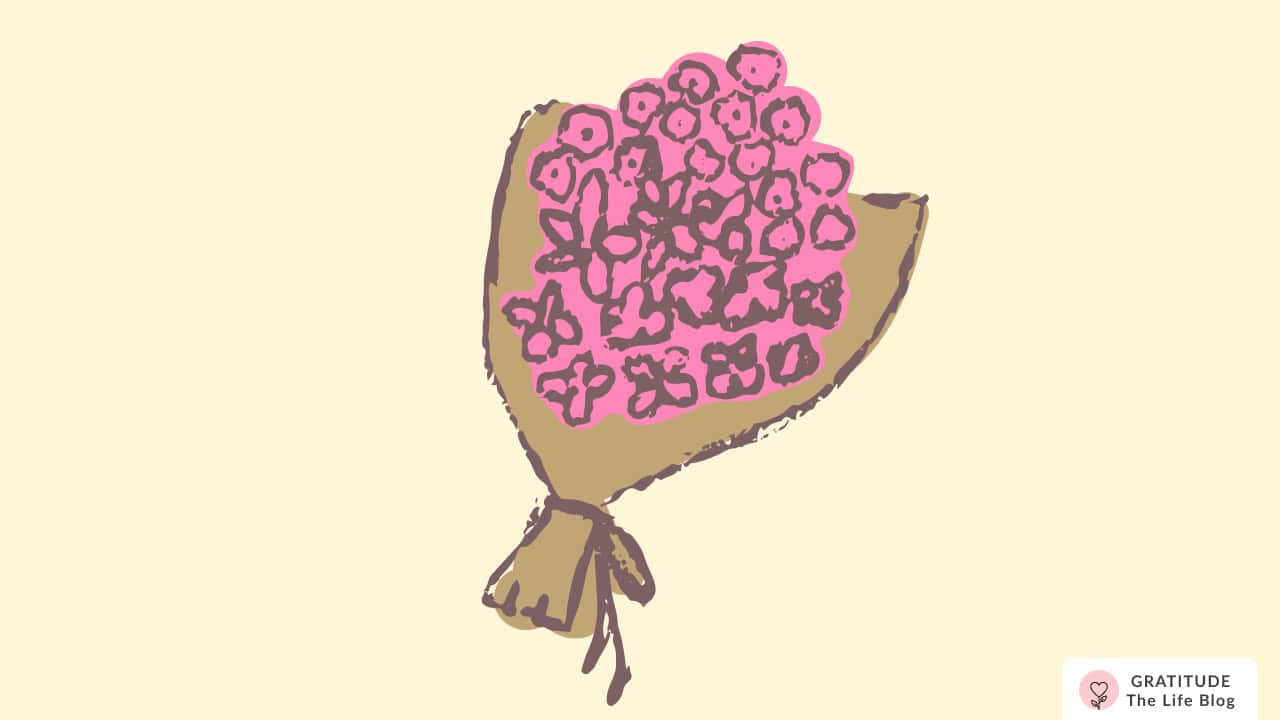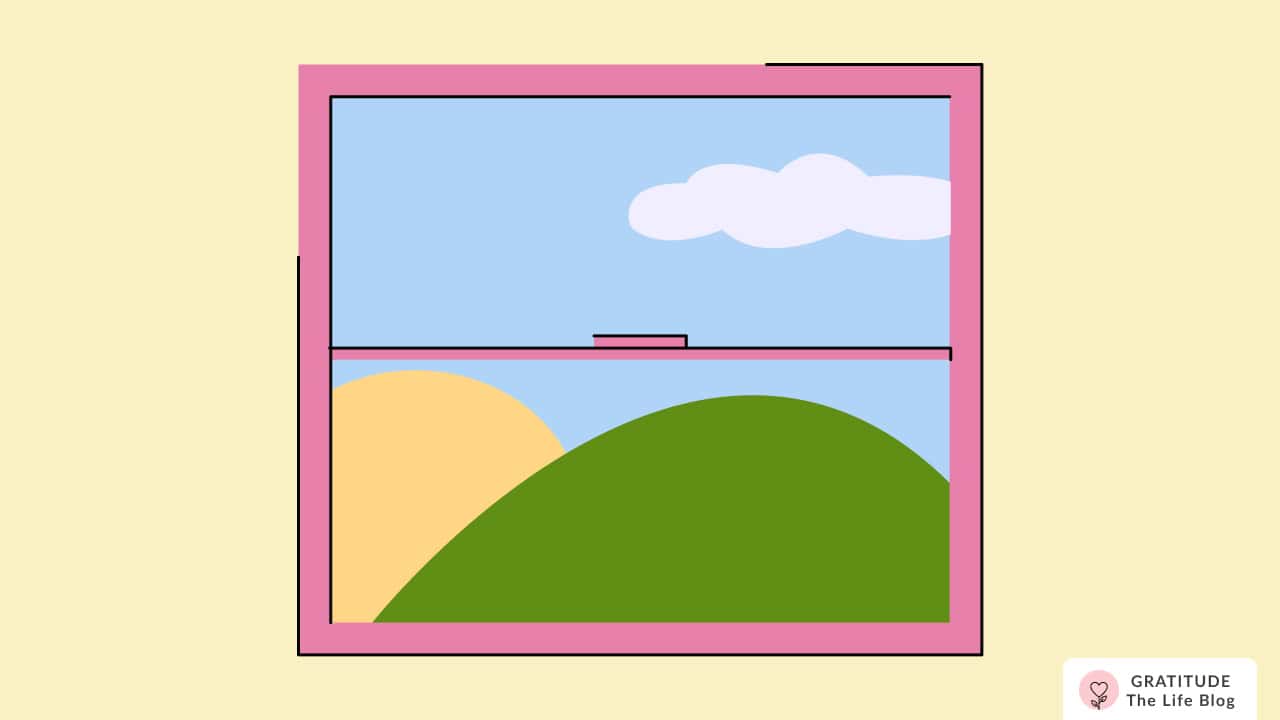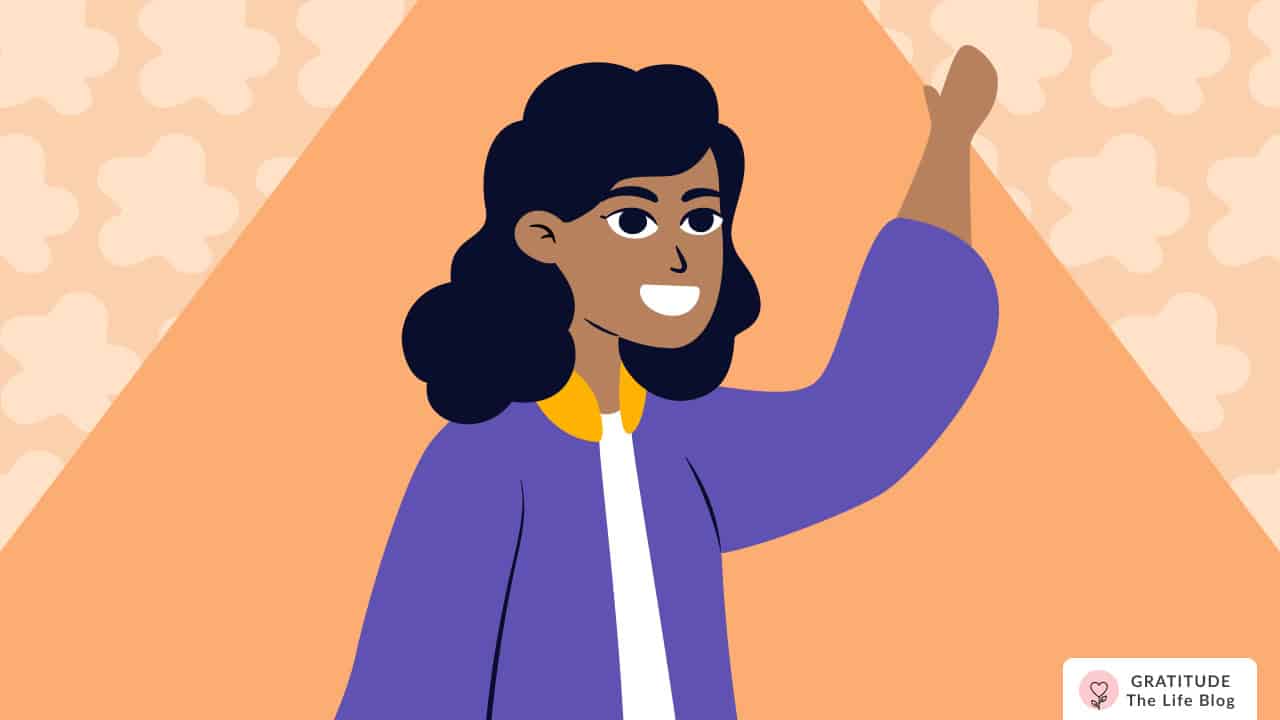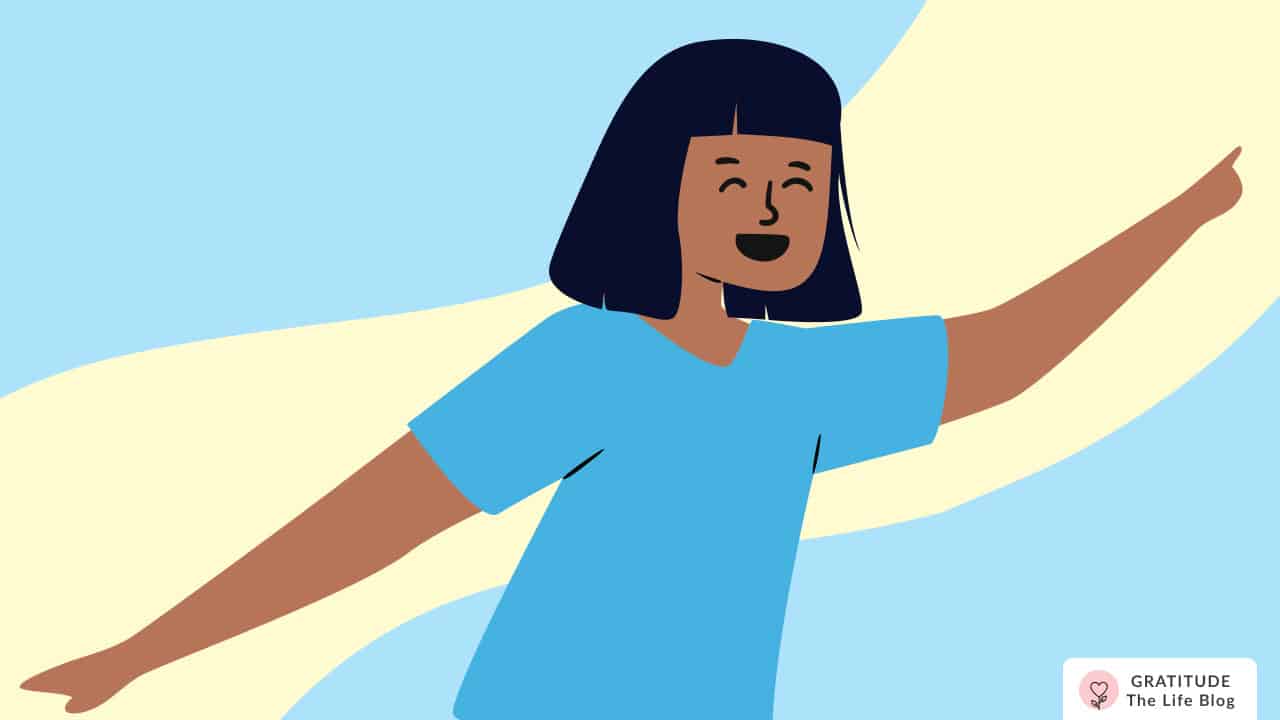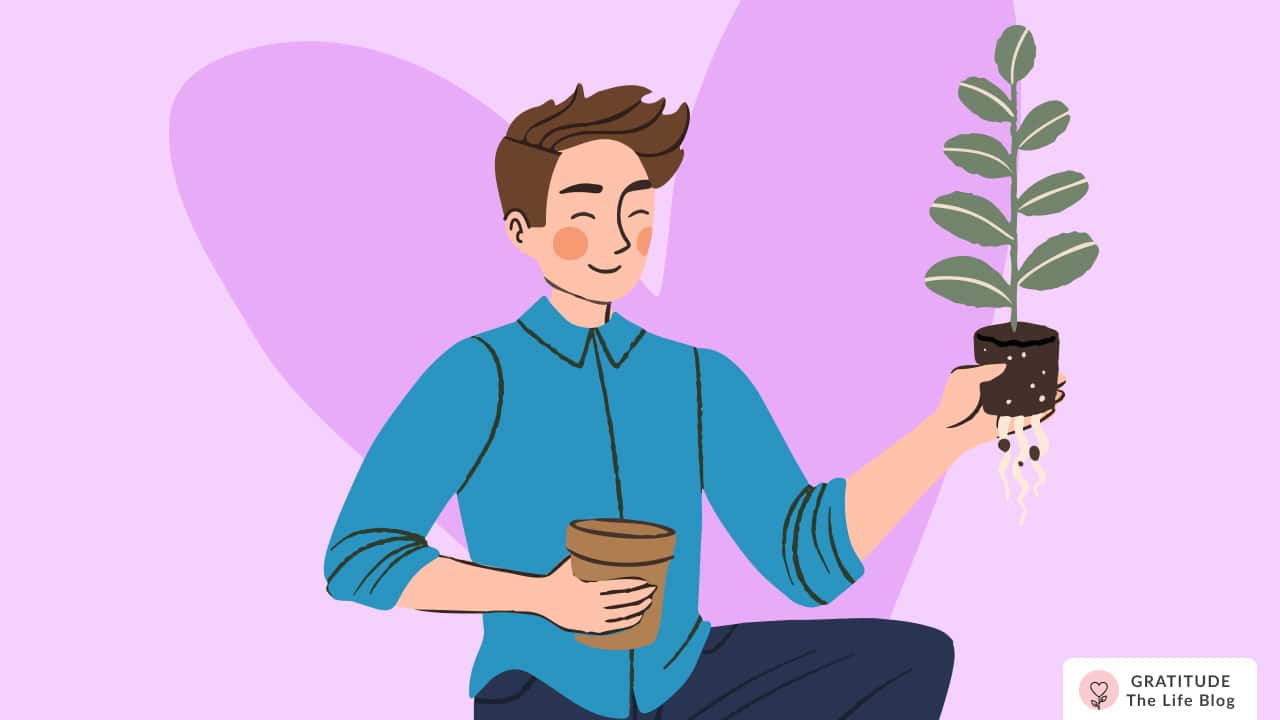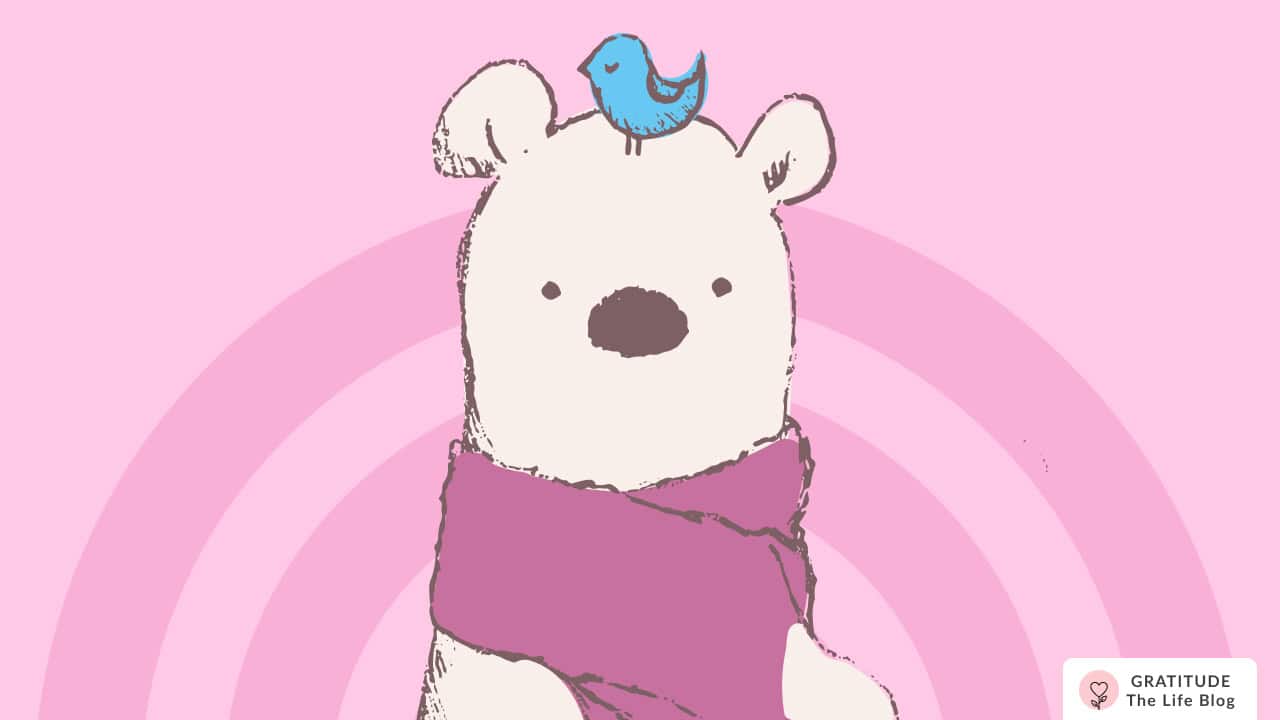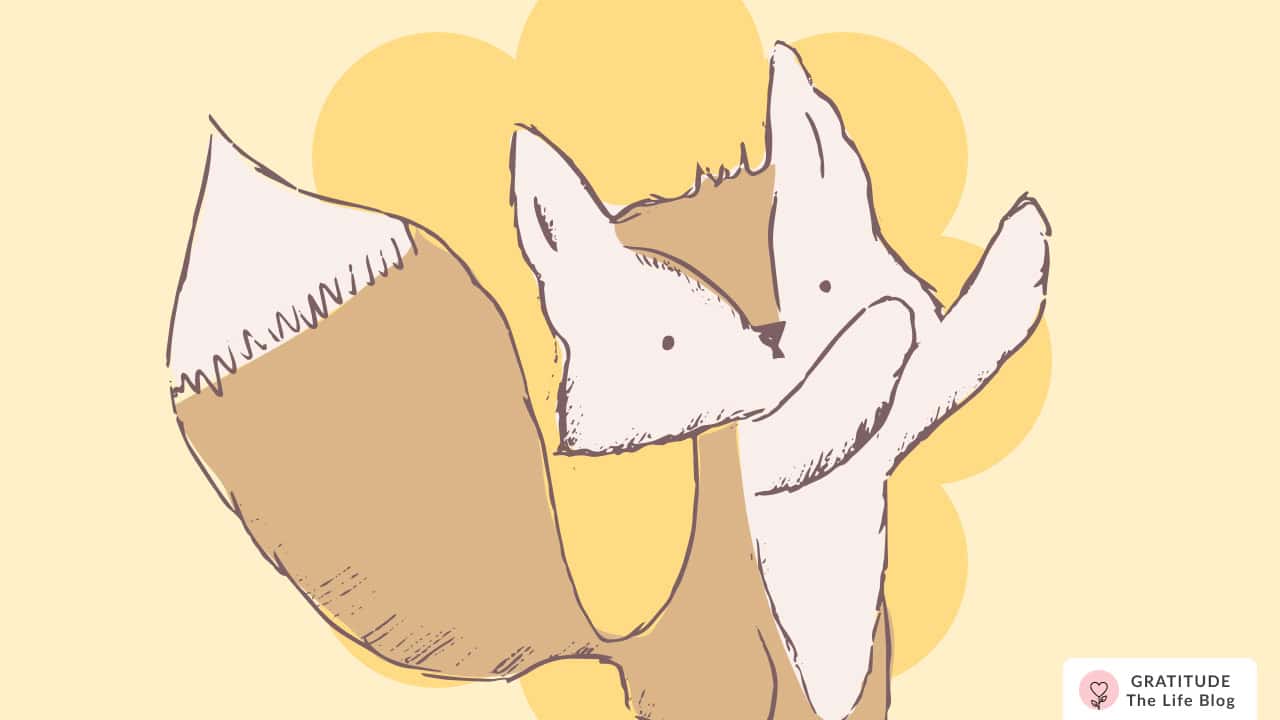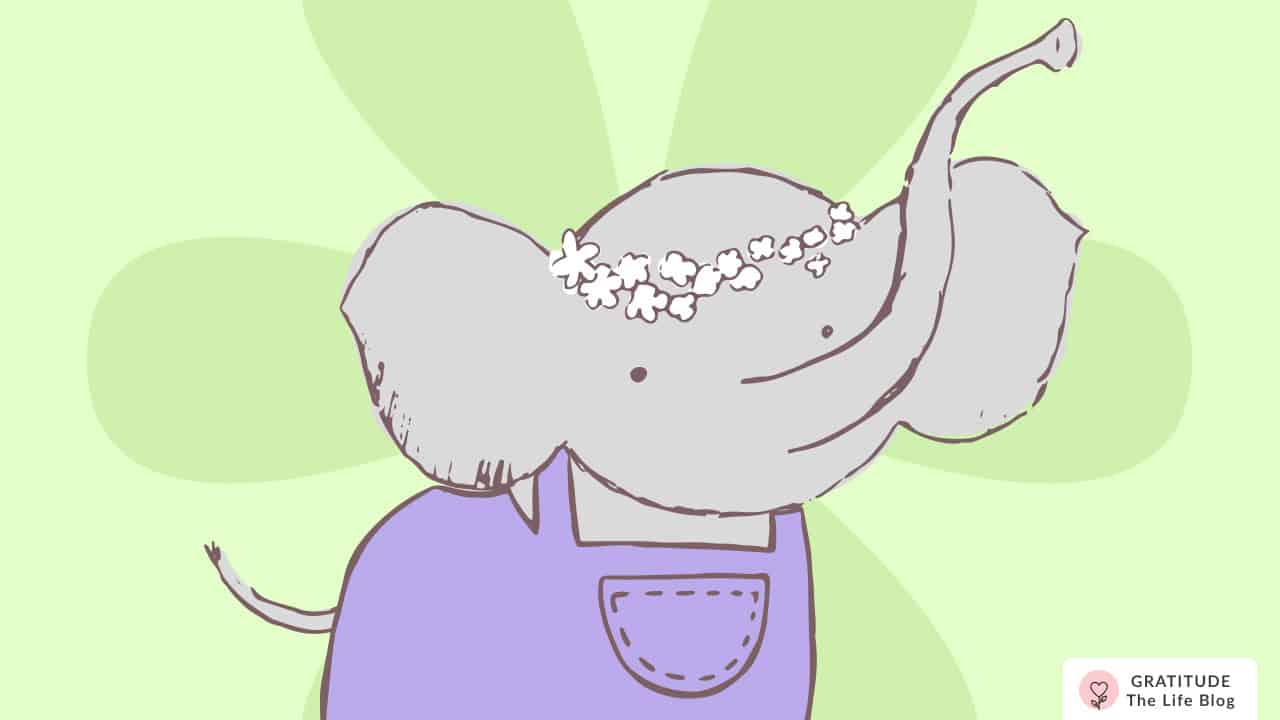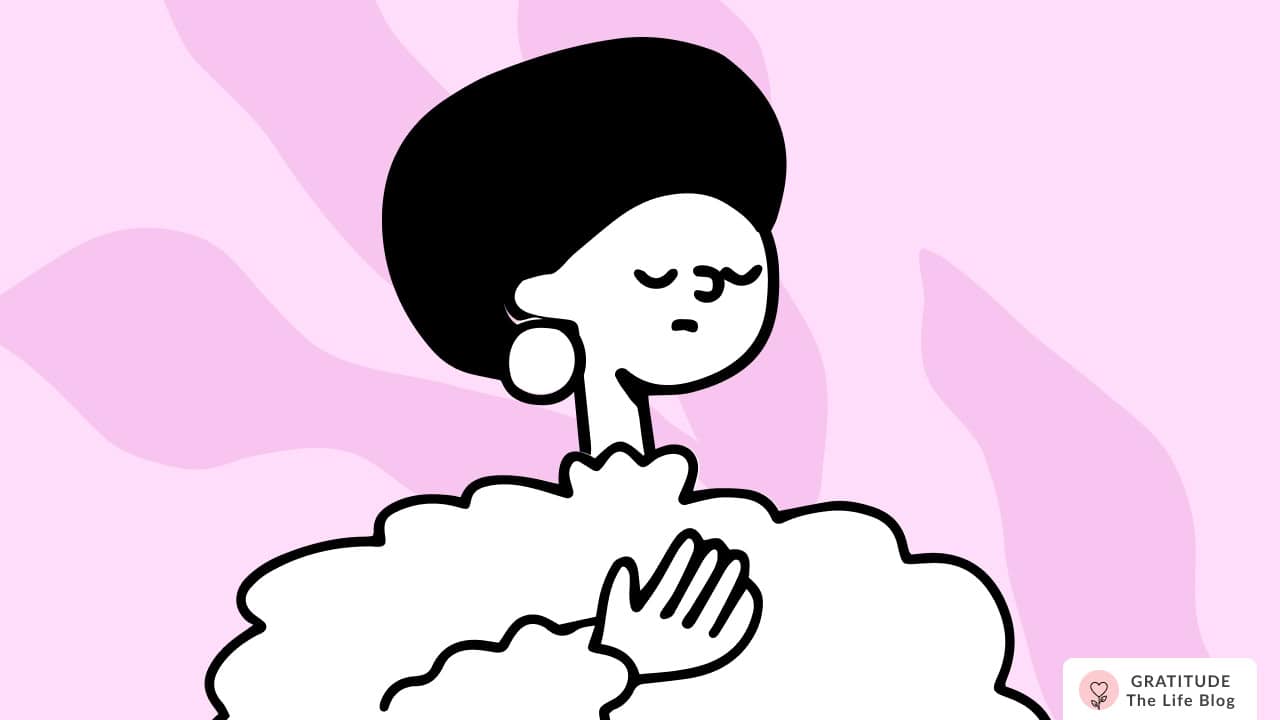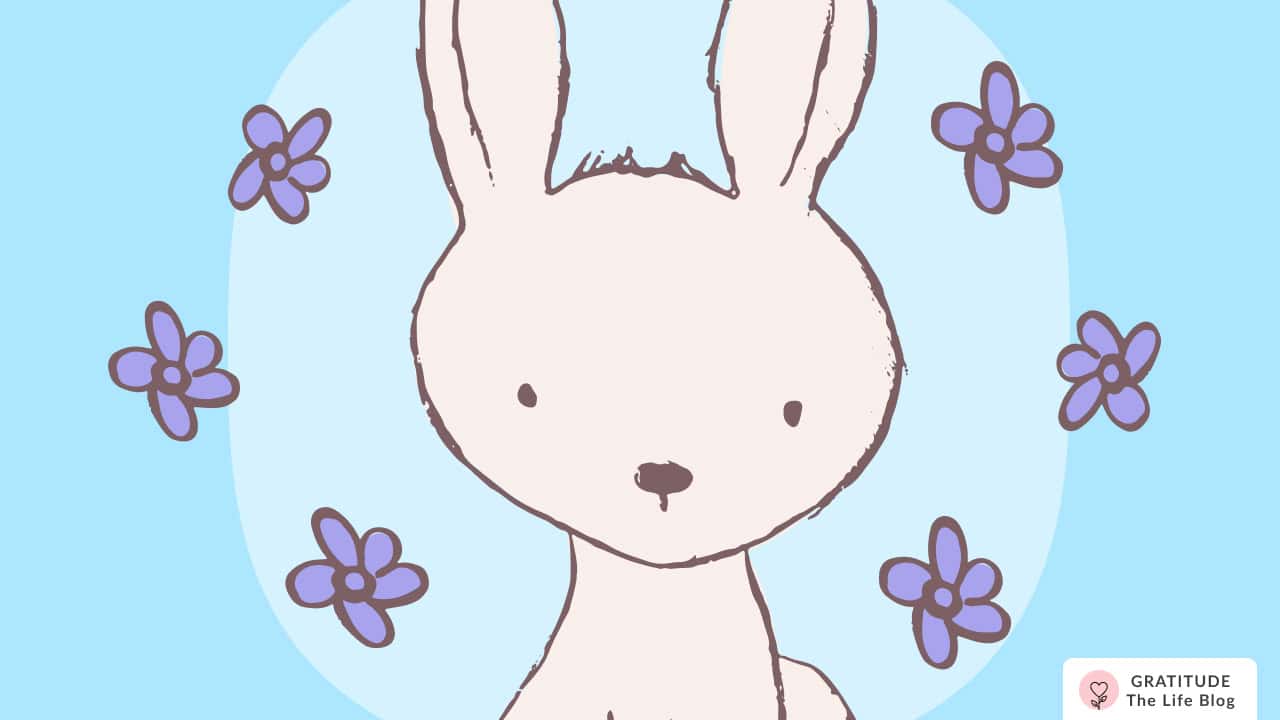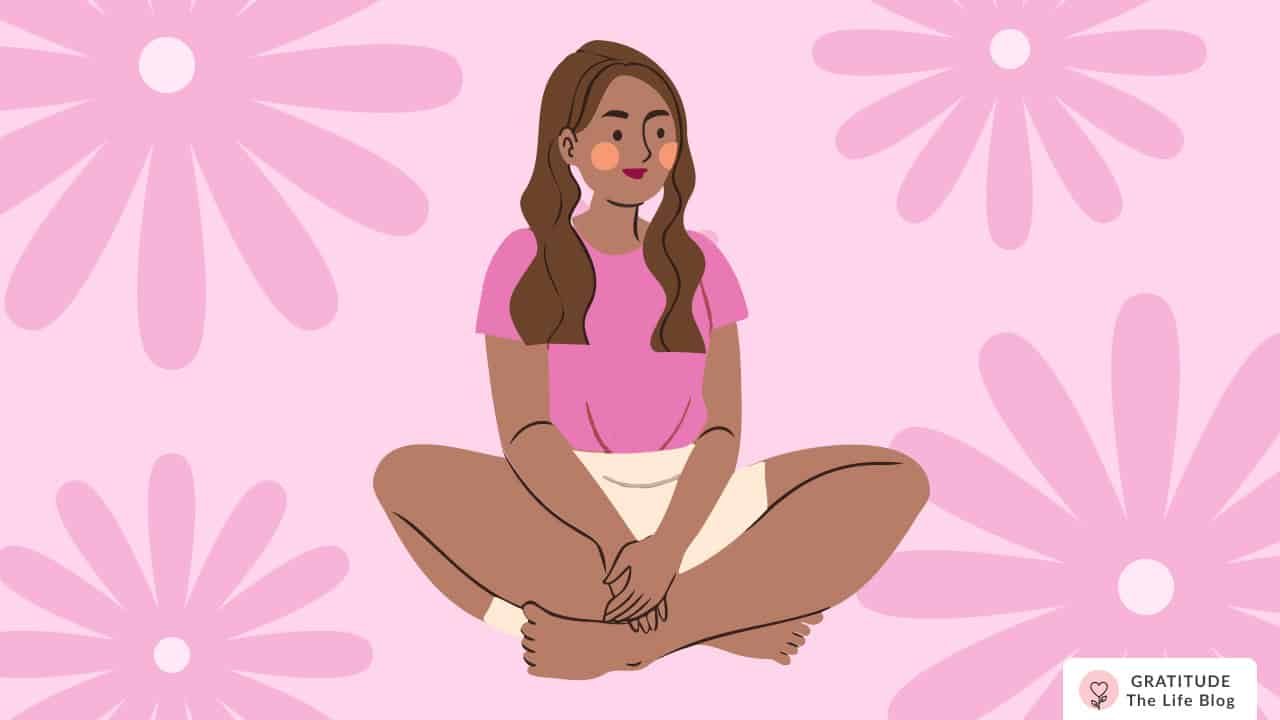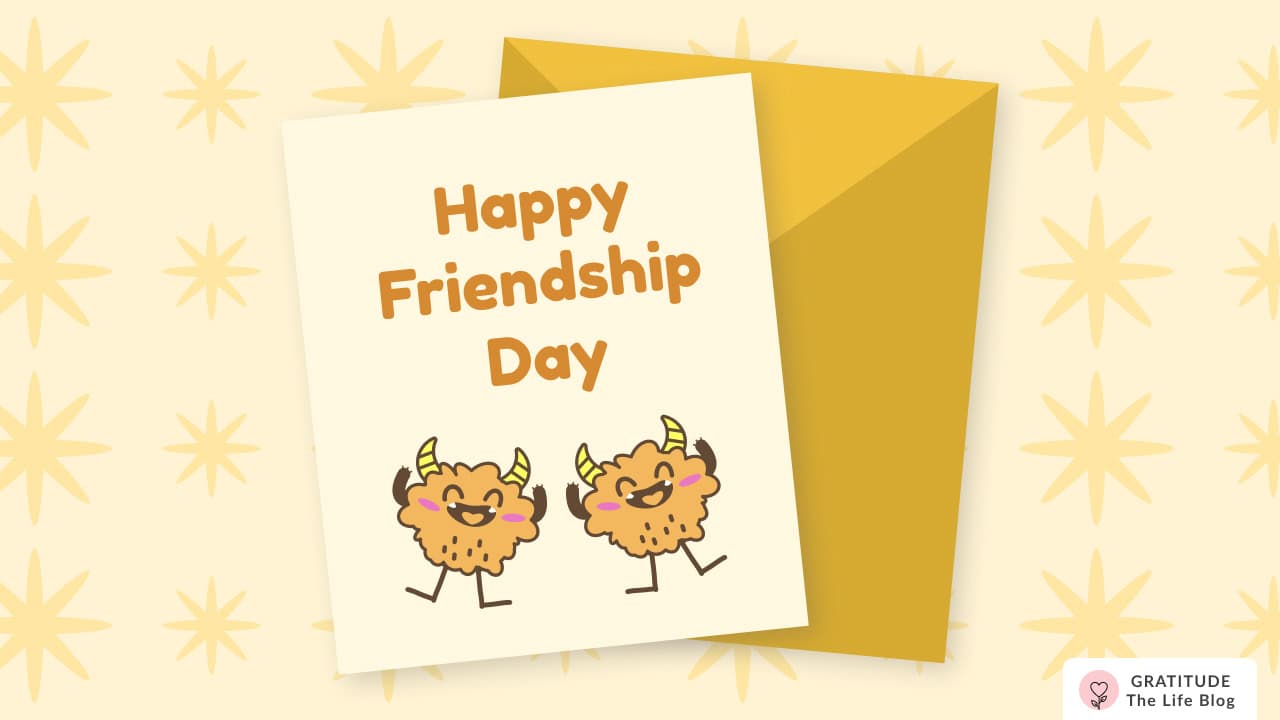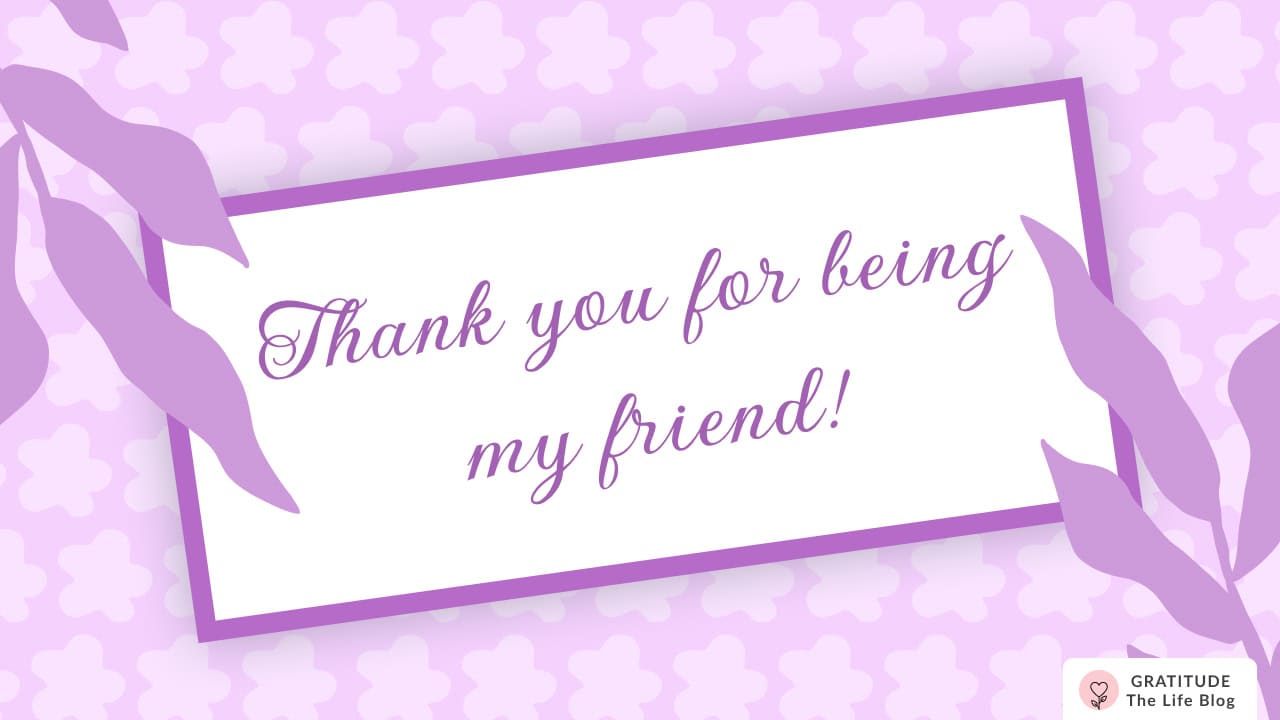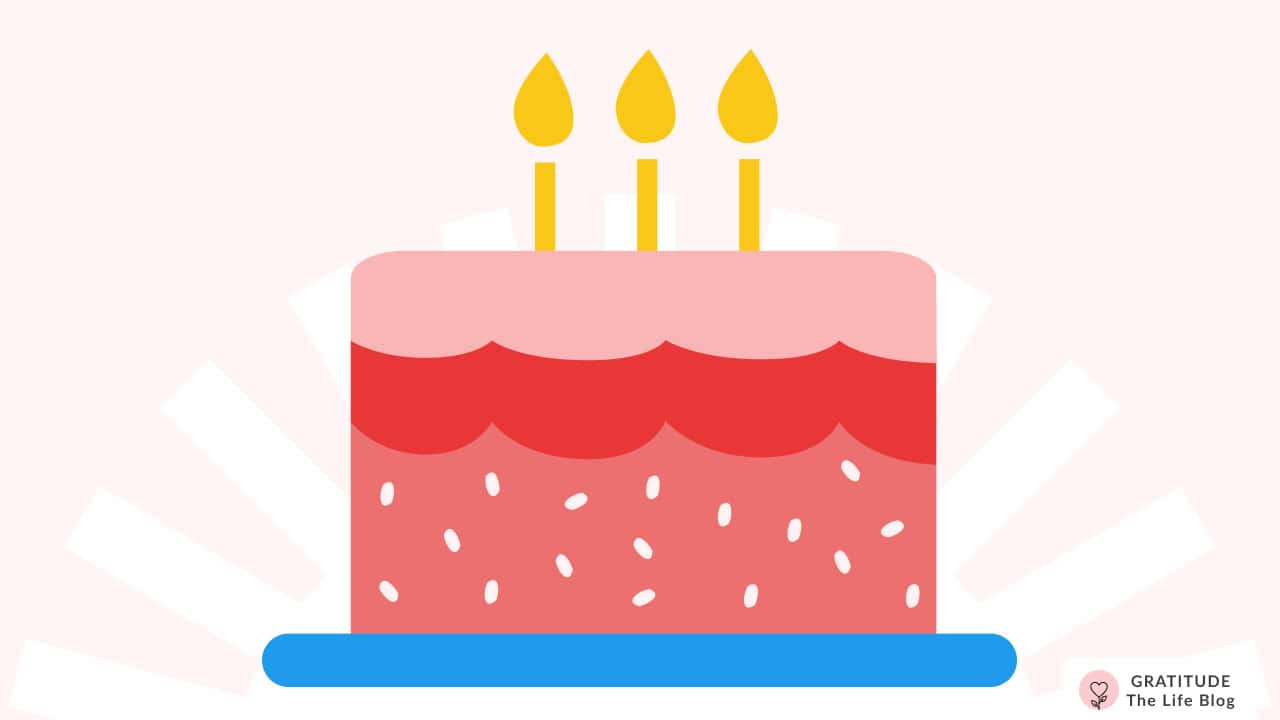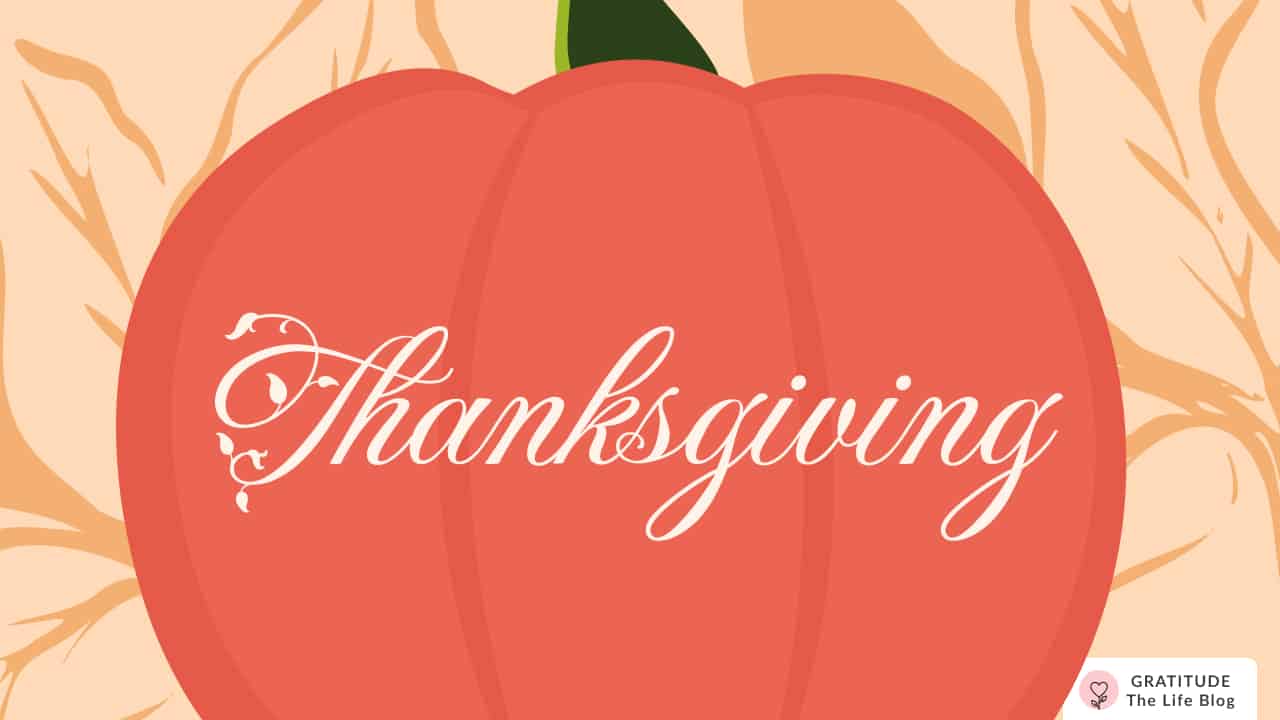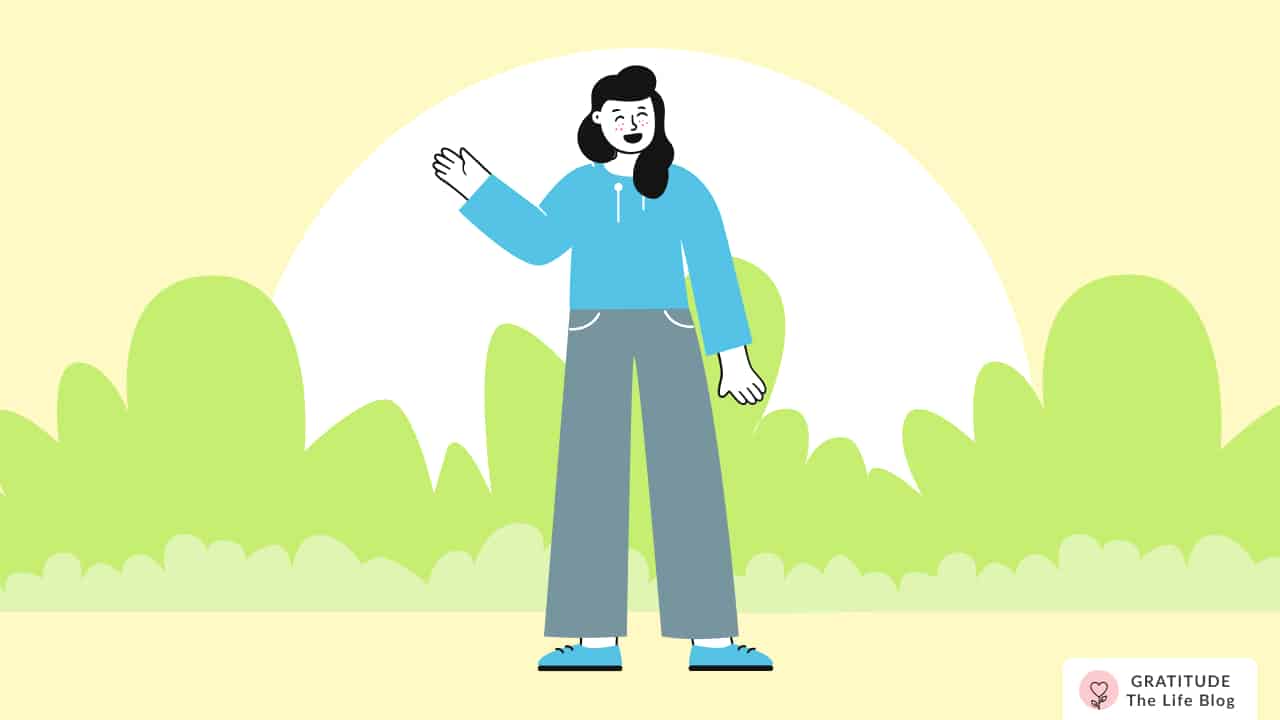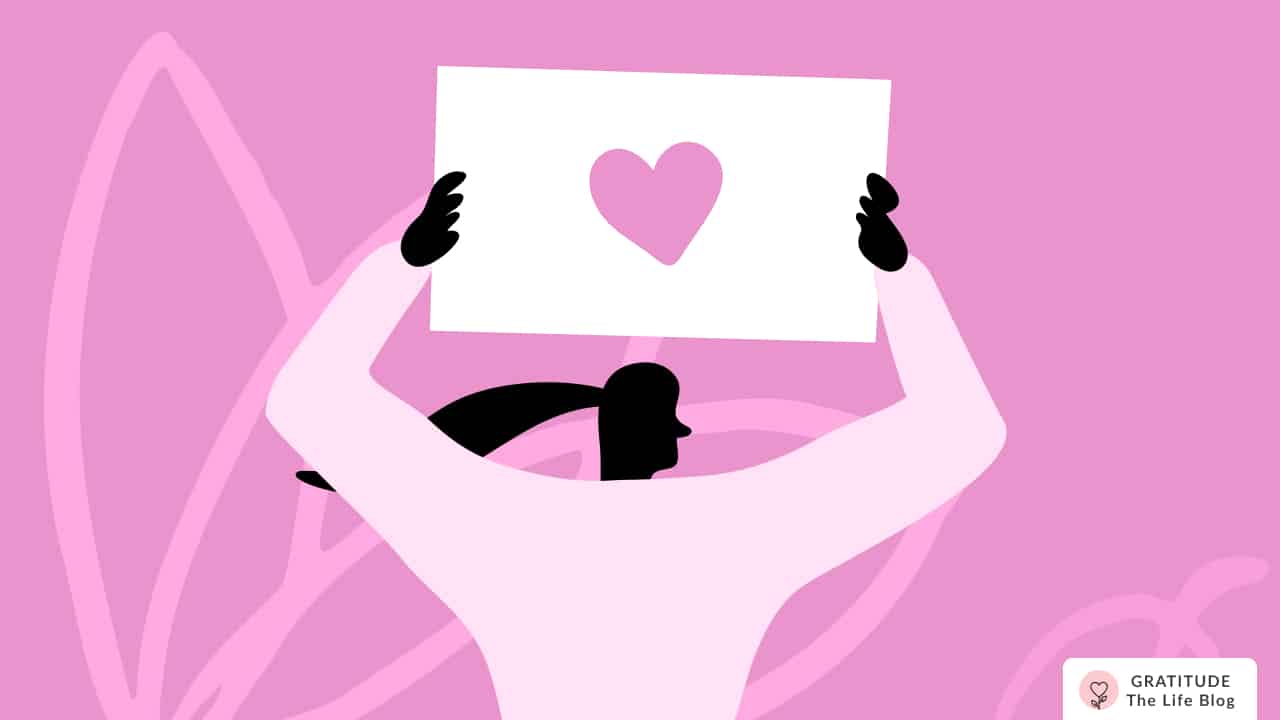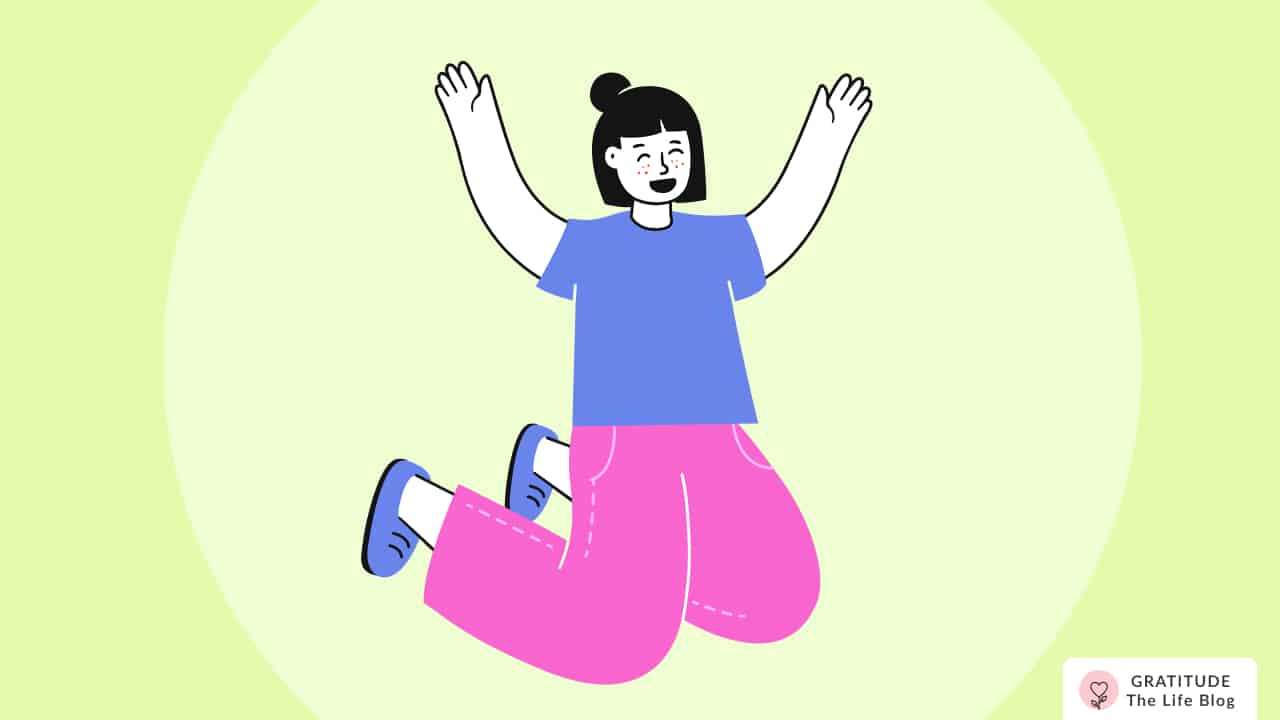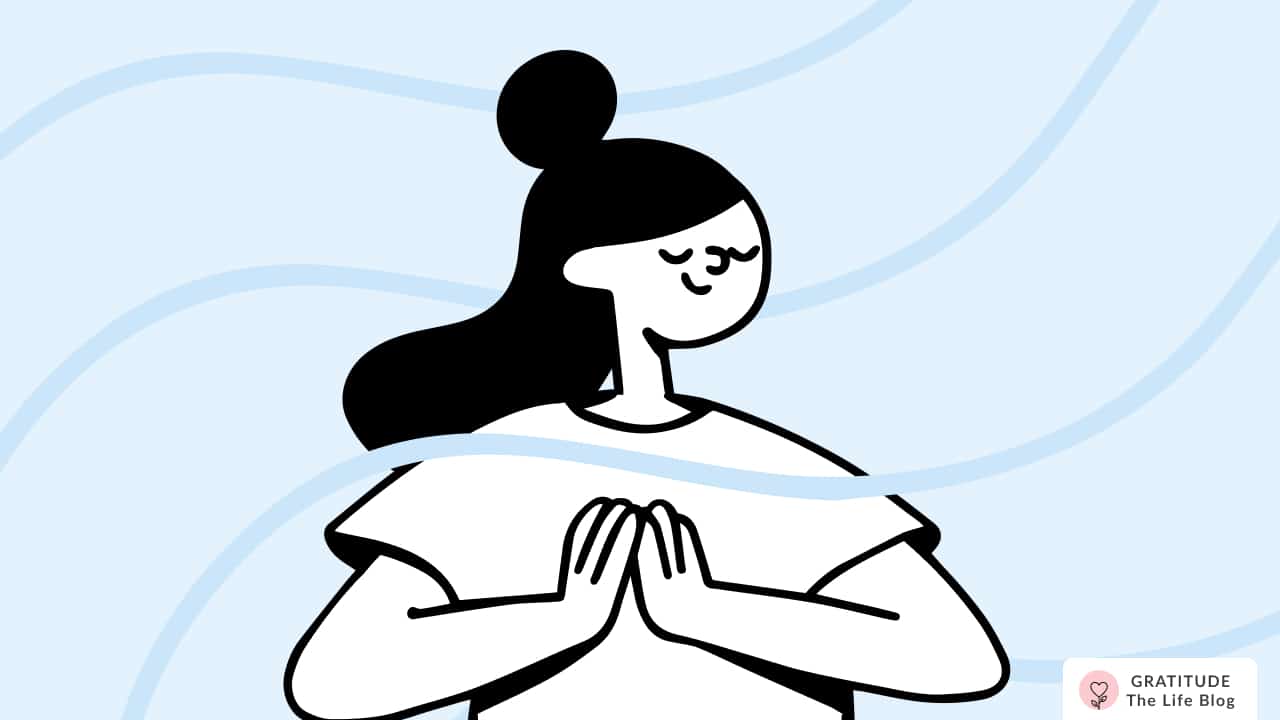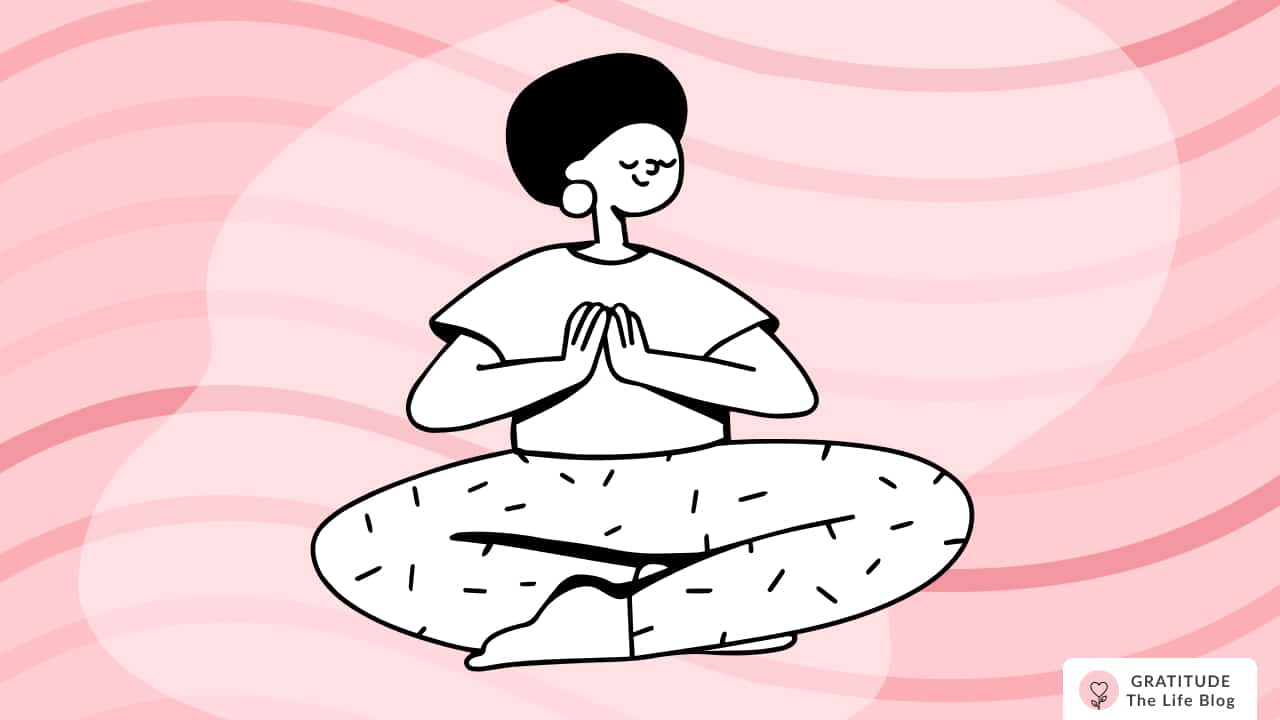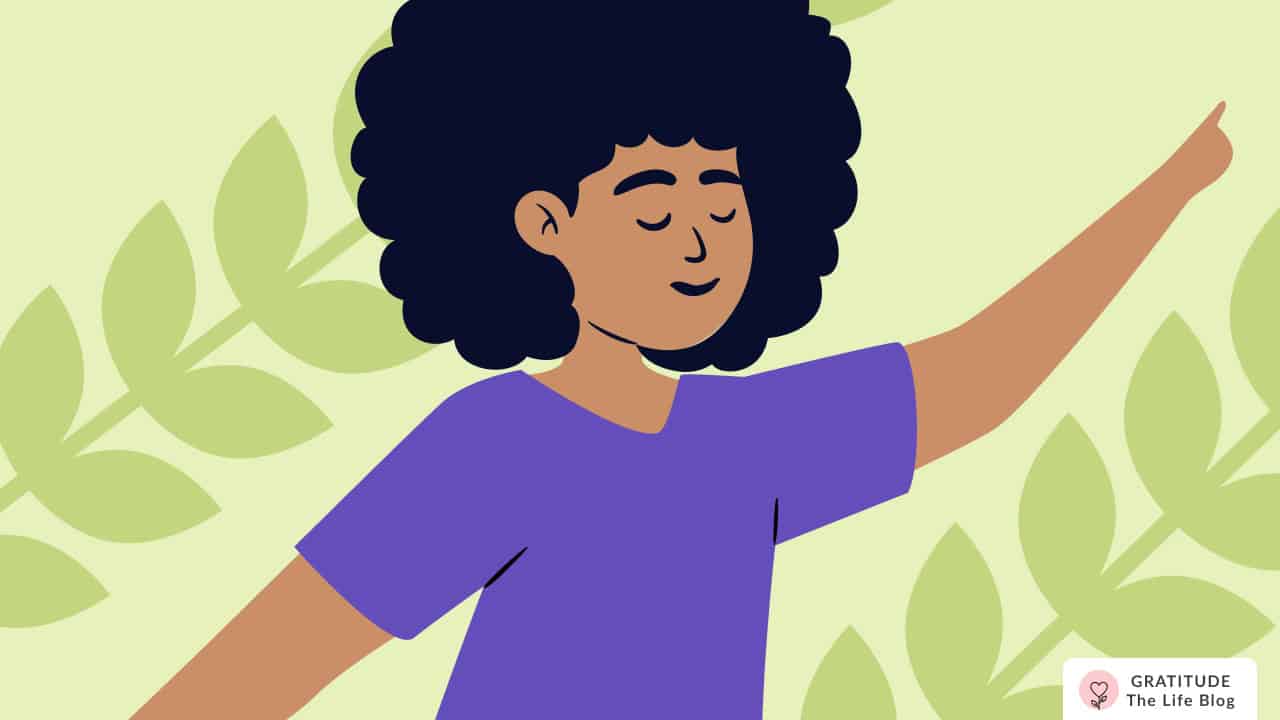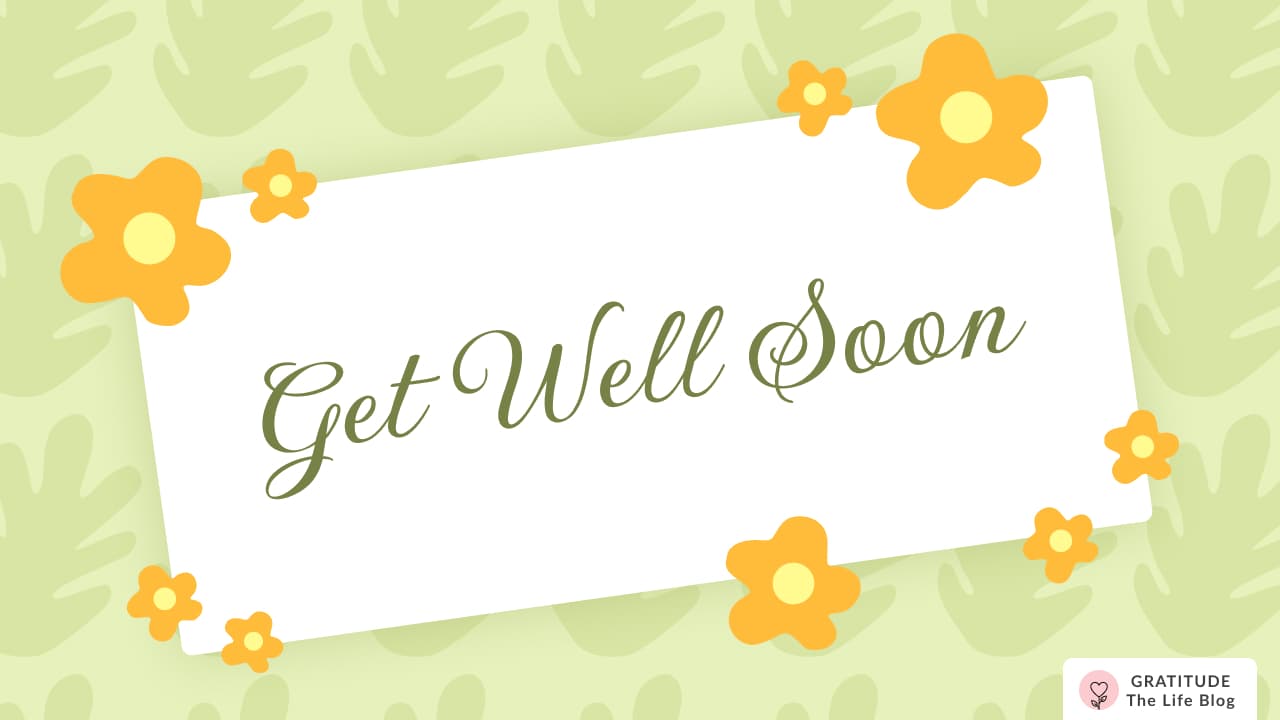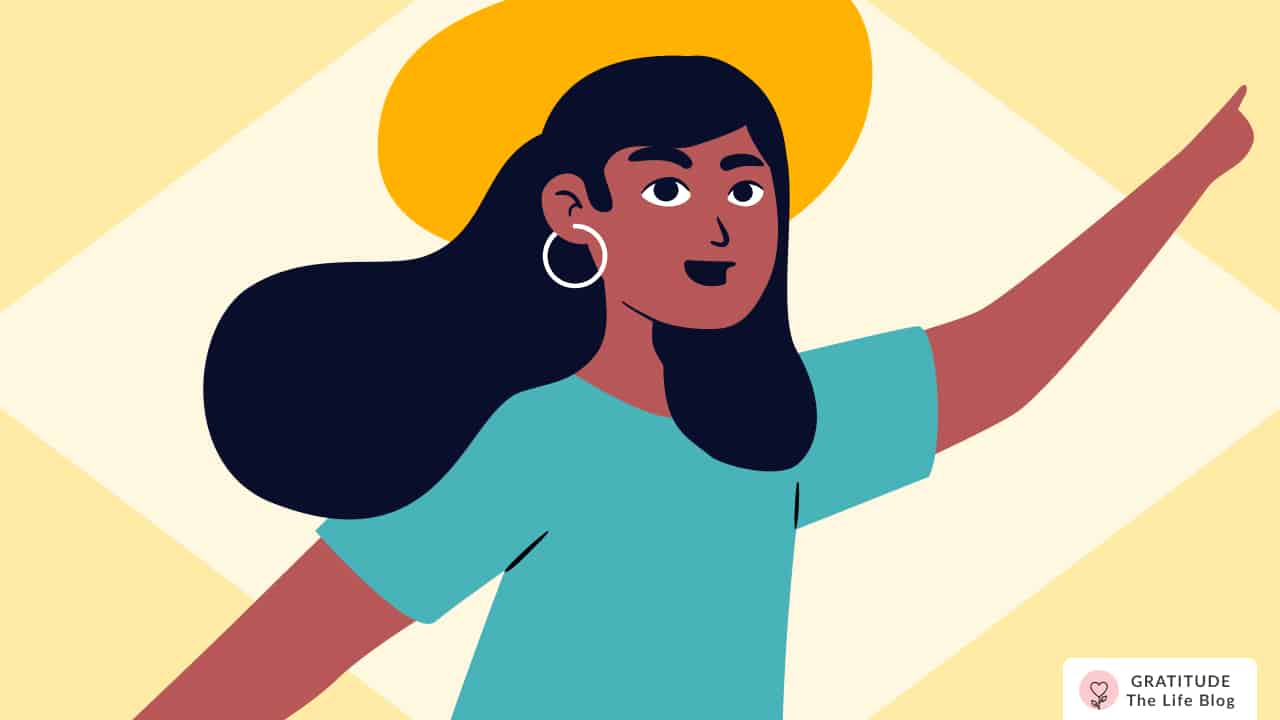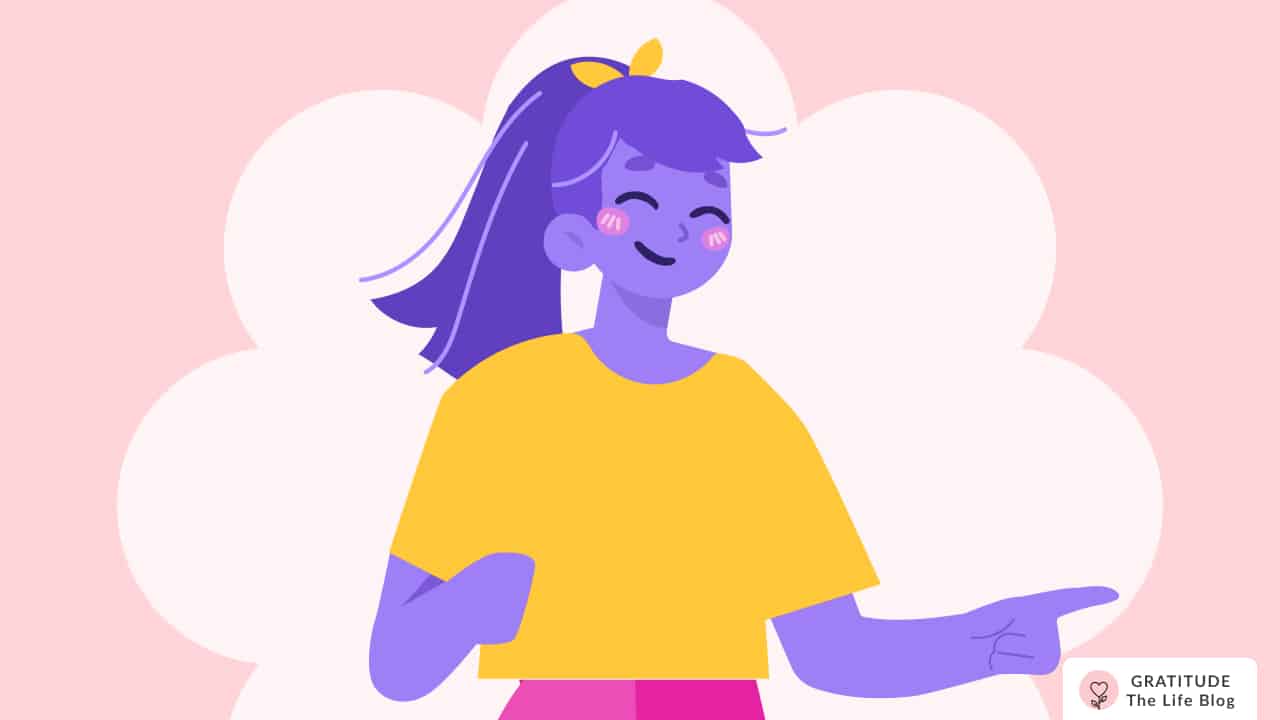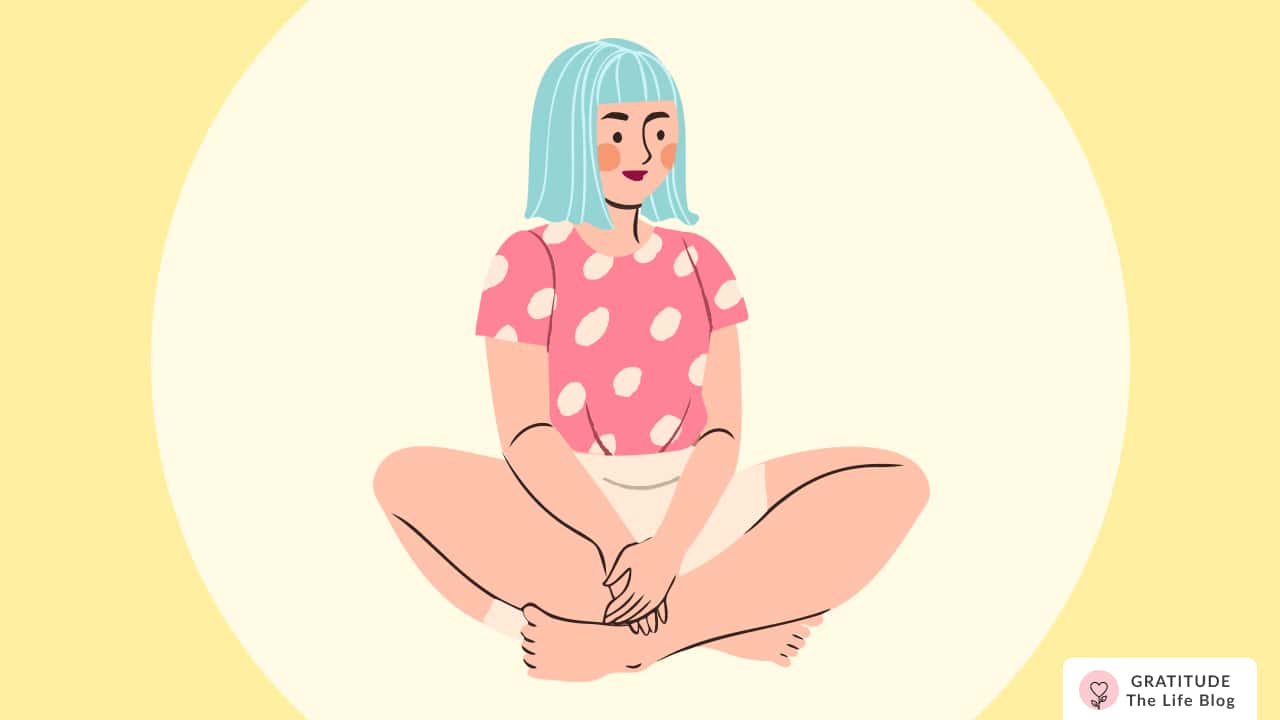My 7 Lessons On How to Be a Better Friend
How can we support our friends more lovingly? How can we love them better? Here are the answers.
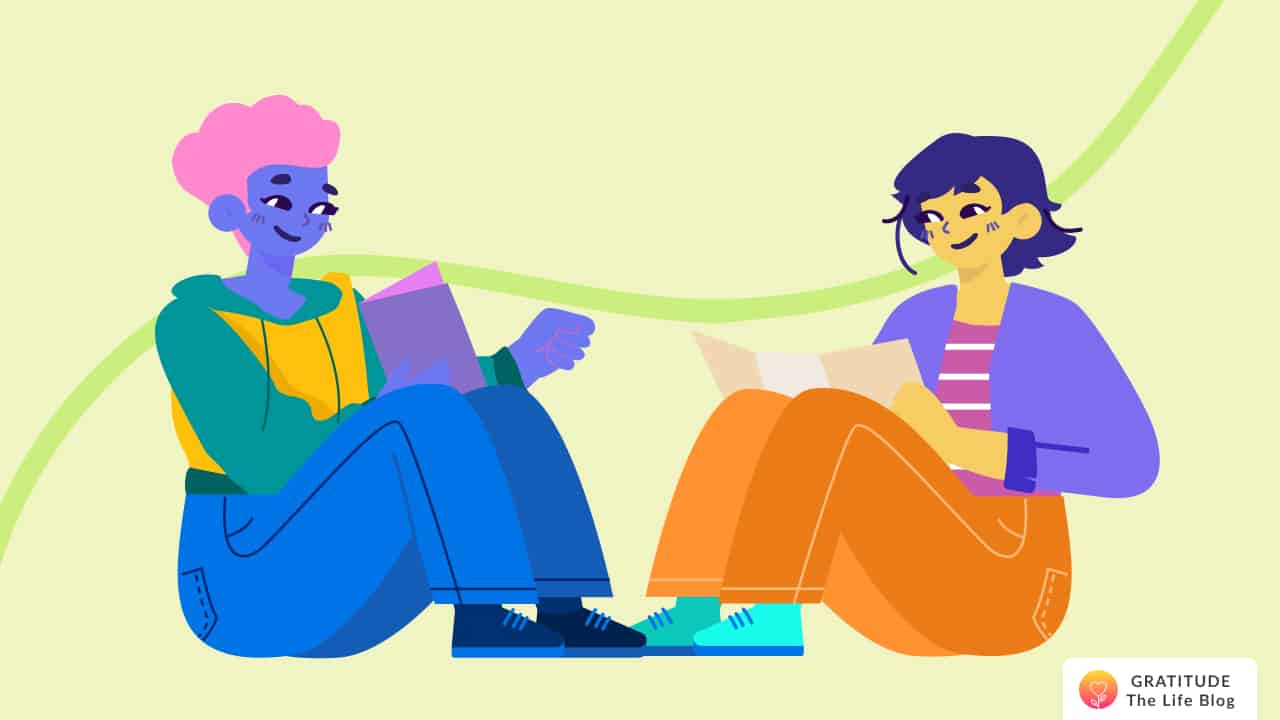
Learning how to be a better friend is a life skill. It is profound how healthy, supportive friendships help lives, yours and mine.
I don’t know what would have happened if Rashi hadn’t held my hand in class 8 just when I needed her. If Elyza wasn’t next to me in the last two years of school living the same experiences.
If Áurea hadn’t become a confidant in a blizzard of nerves. If Abhishek hadn’t been so unbelievably helpful every single time.
If Shrey hadn’t opened up my eyes with his empowering jolliness. If Jagriti hadn’t laughed with me in unknown lands, and Kriti hadn’t been my reliable pillow of comfort on shaky foundations.
I don’t know how my life would have twisted and turned, and I don’t wish to. I just know that it might’ve been bleak and lonely and fearful and much less fun.
My friends have taught me how to be a better friend. They shaped my life and are here to hold my heart when it’s drooping.
And, here I am sharing my lessons on how to be a better friend with you:
- Vulnerability is strength
- Humor is a powerful vehicle
- Belief is the best solution
- Showing up means a LOT
- Listen to understand
- Appreciation makes its mark
- Attend to their needs
How to Be a Better Friend - My lessons
1. Vulnerability is strength
I’ve often made the mistake of playing strong instead of being honest. I took the role of being a helper and thought that disqualified me from receiving help. It felt strong to not rely on someone.
But, I was wrong to not identify that as a fault in my character. In all of the situations I have been honest and vulnerable and brave, my problems have passed more quickly and with less harm and stress.
When my friends have been vulnerable with me, we’ve built a stronger connection. It’s made me feel that they truly count me as a true friend too.
Being honest with your friends about yourself, and giving them the space to be that themselves opens up room for unprecedented connection, love, and support.
2. Humor is a powerful vehicle
It was during my time in Florence (where I was studying Graphic Design) that I understood the savior that humor is. There were a lot of emotions at play then that were causing difficulties for me, Jagriti, and Kriti.
We were afraid of what would be next, we were nervous about being in a foreign place, and we felt out of place.
But, laughter on our bus rides home, walks to and fro our supermarket, and when we’d cook our dishes, one of them named Fanicchi after our landlord’s surname, we found solace.
It was through the silliest jokes and impressions and roasting one another and loving teases, that we comforted each other. And, it’s strange that those few months now carry our friendship through years of not having met again.
So, my lesson is that humor should be a part of challenges. We all laugh with friends, that’s nothing new. But, when things are tight, try to cause a chuckle. When a friend is not at their best, try to amuse them without being insensitive.
These light-hearted moments are priceless. Sending over memes has become my way of staying in touch through busy schedules, and I’m grateful for that.
3. Belief is the best solution
When a friend comes to us with a problem, we want to solve it for them. In some rare situations, we might directly be able to, but most times, we can’t make a difference by action.
But, there is a way to support our friends so that they can do it themselves, especially when times don’t seem to be getting brighter.
Believe in them. In prolonged distress, it’s difficult to just think of a solution. What we need to give our friends is patience, love, and empowerment.
There was a time when passing each day used to be difficult for me and in that time, all I needed was one person who believed in me, who told me that I was worth it, that I was strong, that I could get through this.
I never expected them to save me, how could they? But, they could help me realize that I could save myself.
4. Showing up means a LOT
Our friendship will survive even if we don’t meet for a long time and don’t talk regularly. But, if we want to be better friends, we should prioritize these relationships actively.
How can we be there for our friends more? If you usually send texts, call. If you usually call, make plans to meet sometimes. Often time in my laziness I have deferred opportunities, and all they’ve done is leave room for regret.
If we’re lucky enough to live in the same cities as our friends, showing up at their door means a lot. My friend Abhishek has supported me a lot this way. Just having him by my side as I figured out messy situations gave me a light to smile under.
5. Listen to understand
The best approach to listening is not trying to look for solutions or being a passive interactor, or completing their sentences and telling how you have felt the same. It is to make the effort of understanding them.
Listening is hardly something you can do without full attention. To deeply understand, to figure out the nuances, their feelings, and what matters to them, shows the true love of a friend.
When you are a listener (and be sure that you’re ready to be one) give yourself to their words. Be really curious about what is bothering them, what they are experiencing, what their opinions are, and more.
I’ve often encountered the mistake of people trying to either diagnose how I’m feeling two minutes into the conversation or share extensively about their experience. No, this is not right. As friends, we can do so much better.
6. Appreciation makes its mark
How often do we feel grateful to our friends? More time than we can count, really. But, how often do we express that gratitude? Is this expression only reserved for certain days?
It’s a shame to reduce moments of deep joy that we can give one another by simply sharing how we feel. Sharing gratitude letters is one way of doing this.
Simple short statements like the following bring priceless closeness:
- I’m grateful to you.
- I feel so lucky to be your friend.
- It’s such a joy to be in your company.
- I learn a lot from you.
- Thank you for being my friend.
- I’m proud of you.
- It’s a privilege to watch you become wiser as time passes by.
- Even when times are hard, thinking of you and our friendship makes me feel happy.
- You are the most wonderful friend I could have asked for.
- You are a blessing in my life.
Related: Express Your Gratitude to These 15 People in Your Life
7. Attend to their needs
In alignment with understanding, one thing to pay attention to is to do what your friend needs, not what you think they need. We make choices based on what we feel and discern as right. And that might work out for us.
But, our friends are separate individuals. We might think that discussing a problem is a good way to resolve it, but maybe what our friend needs is space.
We might think that getting through difficult emotions is by venting and crying, but our friend needs to find comfort through us to deal with their emotions on their own.
So, step back and ask your friend - What do you need? How do you want me to support you? Is the way I’m being with you right now helpful or exhausting for you?
We don’t have to have all the answers. We only need to ask the right questions.
And, that’s it from my side. These were the 7 Steps to Be a Better Friend. I hope you found them helpful and wish you the best with your friendships today and forever!

